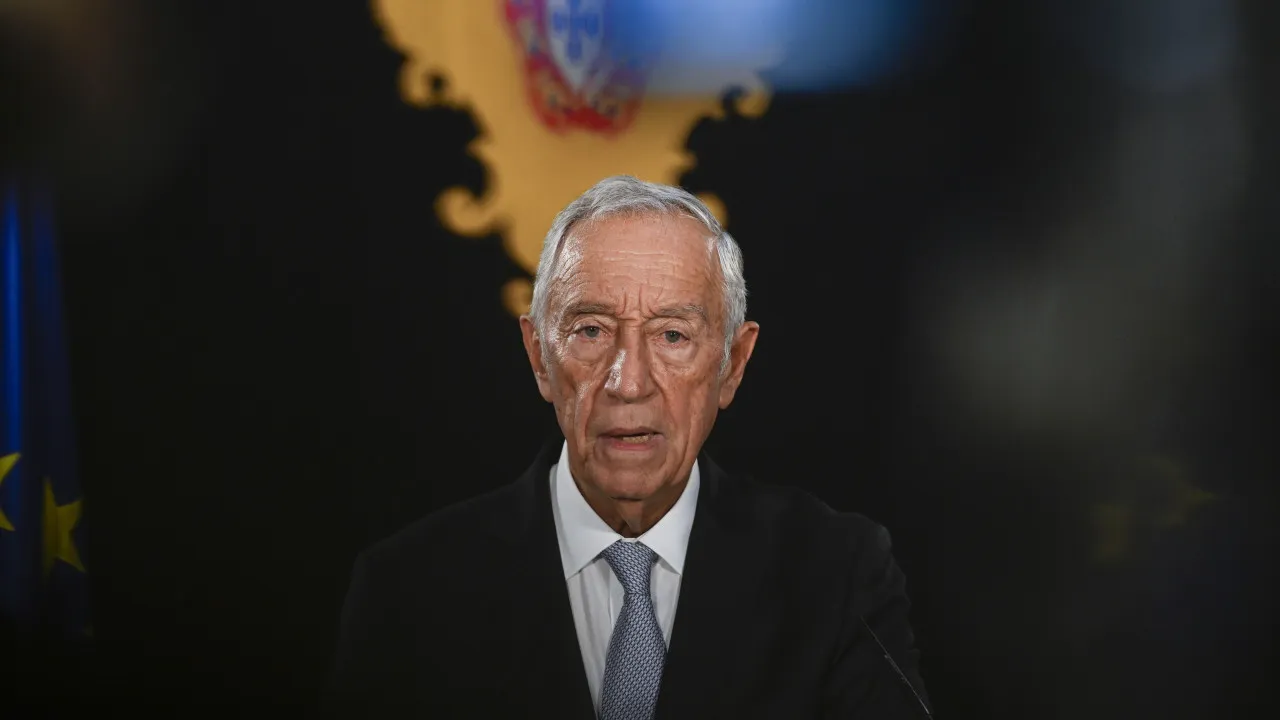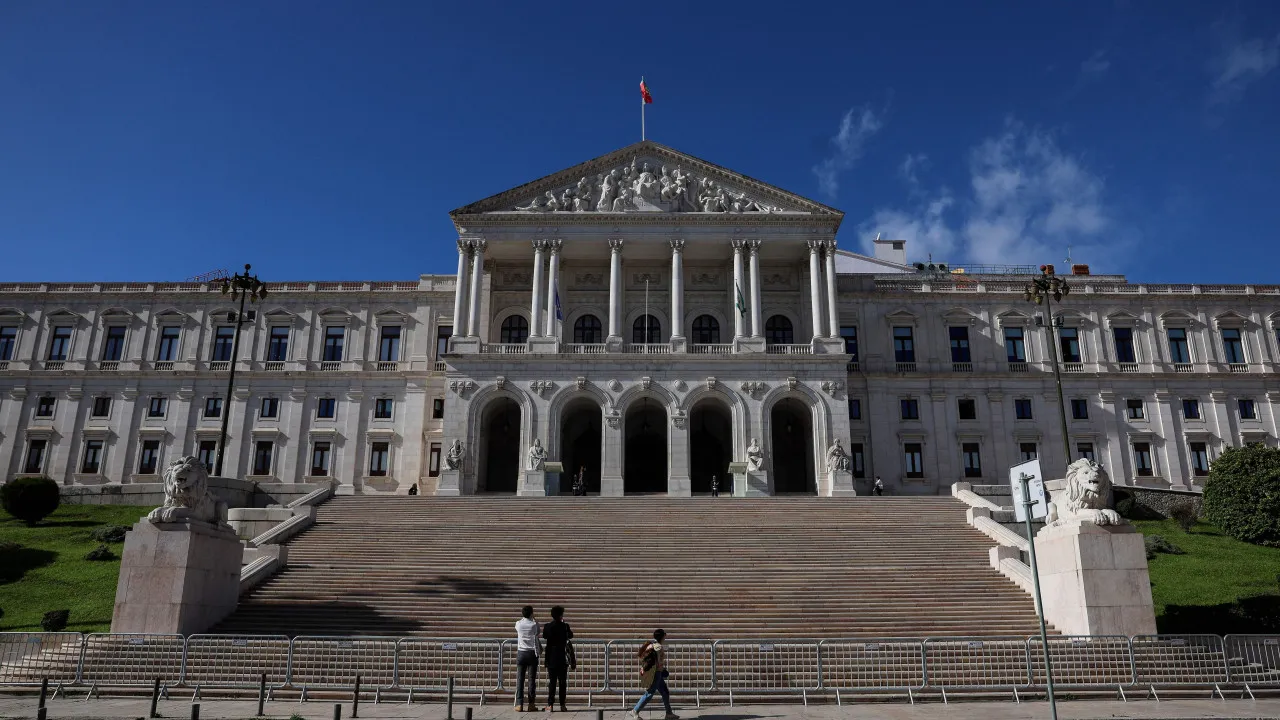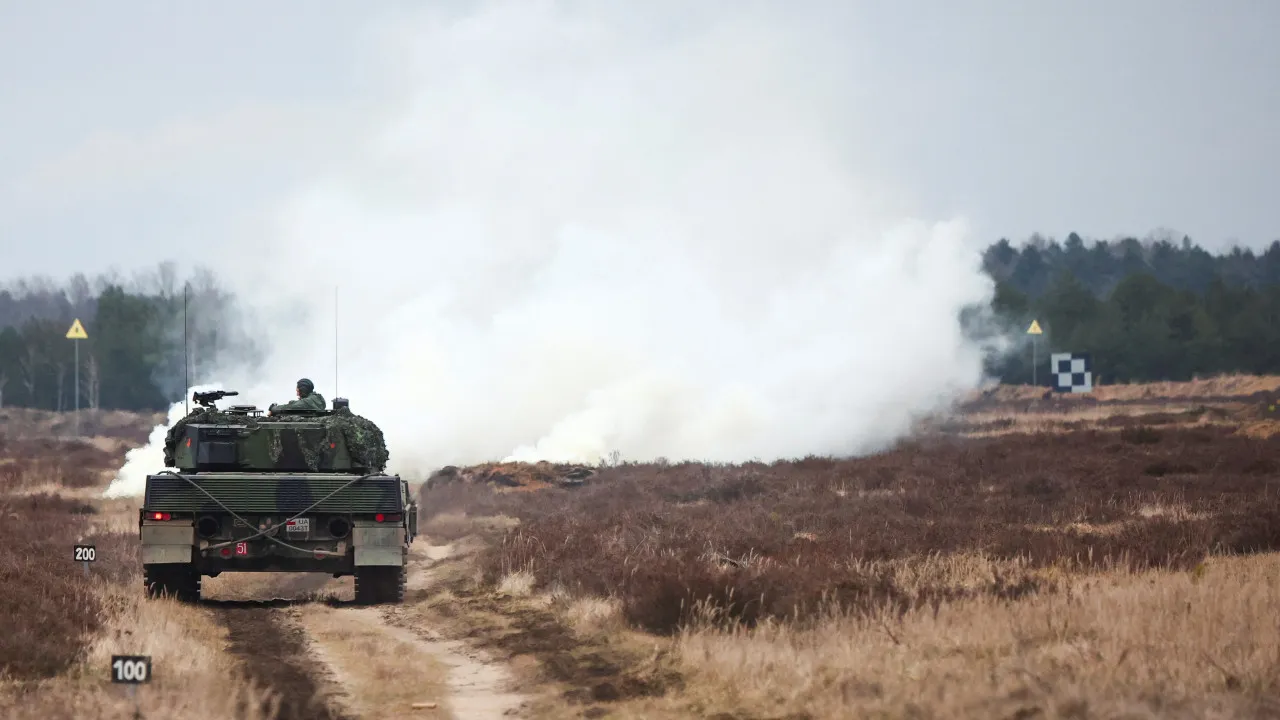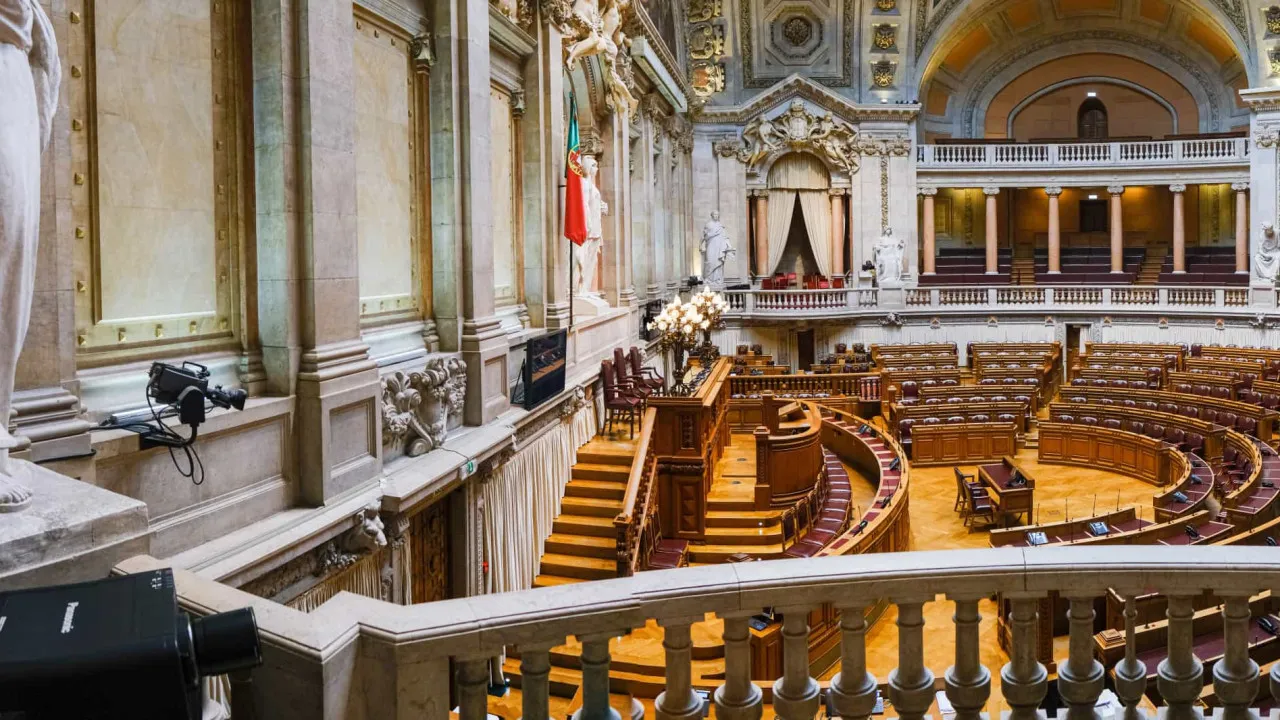
During a press briefing at the Citadel of Cascais, President Marcelo Rebelo de Sousa announced that four legislative proposals have been submitted to parliament. These proposals concern nationality law, the regime for the entry and stay of foreigners, the creation of a border unit within the PSP, and changes to the IRS, which he isolated as a matter of urgency that aligns with the priorities of the PSD/CDS-PP Government.
While withholding specific details on these proposals, de Sousa declared, “I will wait to see what parliament decides” and emphasized that the “first thing” he will do upon receiving the decrees is to determine if “there is any constitutional doubt.”
The President acknowledged that there may be “issues that might not be evidently constitutional,” but for which “it is better for the Constitutional Court to make a definitive ruling, as otherwise, each court may have a different interpretation.”
“If so, I send it to the Constitutional Court. If not, if there’s no risk, no doubt, no problem, I don’t send it, and I promulgate,” he added.
Concerning the IRS law proposal, the President stressed that it is “very important to promulgate these changes swiftly” so that “Portuguese citizens will immediately see a reflection in their pockets” from the tax rate reductions.
Besides potential constitutional problems, Marcelo Rebelo de Sousa did not rule out having “some substantial political disagreement with any of the bills” that might lead him to veto, at which point it would be up to the Parliament to decide whether to “confirm or adjust a point or another” that the President raised doubts about.
Asked whether any of these matters currently raise constitutional or political doubts, the President replied that the bills “are very long and are very precise in detail” and “will only be ready after being voted on by the Parliament.”
“Therefore, I will wait – which is what the President of the Republic should do – for the Parliament to have its final say and then, as quickly as possible, which means eight days for constitutionality and twenty days for political agreement, I will decide,” he reiterated.
Although Marcelo Rebelo de Sousa seemed to allude to the new government rules aimed at foreigners, saying: “There, the big issues are always problems of fundamental rights or problems of value balance.”
“The problem with laws is weighing the various values and interests at play. There are always arguments for and against. On one side, there are security reasons, reasons for control, reasons to match certain realities with the economic and social reality,” he noted.
“On the other side, actions in the past, different interpretations of people’s rights or freedoms, another reading of the economic and social reality,” he completed.
According to the President, “this legislative process is not easy”: “Why are there so many years, and not so many? Why is it for some and not for others? Why is it one way, and why is it another way? All this is debatable. Everything is debatable in life.”
“And it is that weighing that the Parliament will do, and I am called to do, at a time, I admit, when I imagined having an easier life at the end of the second term,” he commented.
When questioned about the executive’s priorities, following the announcement by Prime Minister Luís Montenegro that he intends to change the strike law, de Sousa simply stated that “each government chooses its priorities.”
As for labor legislation and the strike law, the President expects them to be addressed “not now, but perhaps in September, October, November,” with “one or more laws on this matter.”




